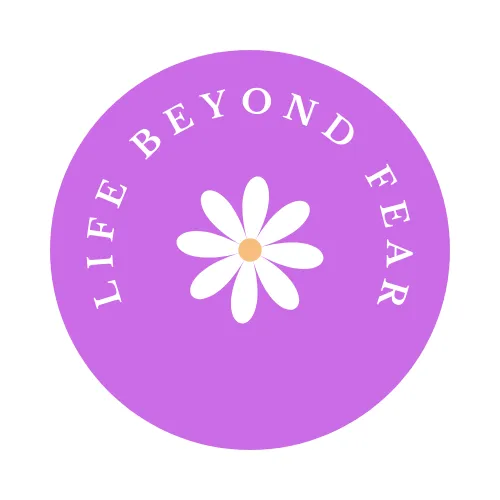There’s a whole world out there
See Newest Blogs

Empowering Self-Trust in the Age of Media Bias
Empowering Self-Trust in the Age of Media Bias: A Journey to Informed Autonomy
In today's ever-evolving media landscape, the cacophony of news reports can often feel like an overwhelming torrent, leaving us disoriented and susceptible to bias. Yet, amidst this noise lies an opportunity to cultivate self-trust, a vital compass that can guide us through the complex narratives of mainstream media. How do we strengthen this inner reliance to navigate a world rife with propaganda and partial truths?

Understanding Media Bias and Its Impact
Media bias shapes narratives in ways that can sway opinions, propagate misinformation, and foster division. This effect often leads to feelings of anger, confusion, and ultimately, a sense of powerlessness. Recognising that these emotional responses are common and natural is the first step towards reclaiming personal empowerment.
The Brain-Mind-Body Loop and Emotional Responses
When exposed to biased media, the brain-mind-body loop plays a significant role in how we process information and react emotionally. Media-induced trauma, such as constant exposure to fear-inducing news, activates stress responses, leading to heightened states of anxiety and defensiveness.
Disrupting Negative Patterns:
Cognitive Reframing: Challenge automatic thoughts triggered by biased media. Reframe negative narratives by seeking multiple perspectives and critically analysing the information.
Mindful Consumption: Set boundaries around media consumption to minimise anxiety. Choose specific times and sources for news that align with your values and offer balanced reporting.
Cultivating Self-Trust and Resilience
Strengthening self-trust is pivotal in maintaining autonomy amidst media bias. Here are strategies to cultivate this inner reliance:
Informed Skepticism: Develop a habit of questioning even seemingly credible information. This empowers discernment, enabling you to distinguish between genuine news and propaganda.
Build a Trusted Network: Engage with communities and individuals who prioritise truth and diverse perspectives. Platforms for discussion and analysis can provide clarity and enhance informed decision-making.
Practice Emotional Regulation: Utilise techniques such as mindful breathing and grounding exercises to manage emotional responses triggered by biased content. These practices help maintain composure and objectivity.
Overcoming Trauma from Misinformation
Unprocessed emotional trauma from misleading narratives can be addressed using healing modalities such as:
Therapeutic Interventions: Consider therapies that focus on emotional healing and resilience, such as cognitive-behavioral therapy (CBT) or mindful self-compassion practices.
Somatic Techniques: Engage in activities that release stress stored in the body, such as yoga or tai chi, which can foster a sense of grounding and clarity.
Conclusion: The Power of Informed Autonomy
Navigating the biases and complexities of mainstream media requires a steadfast commitment to self-trust and critical thinking. By cultivating informed autonomy, you counteract the chaos of propaganda with clarity and empowerment.
Through intentional media consumption, reframing narratives, and employing tools for emotional regulation, you actively participate in the narrative of your life. With a foundation of self-trust, you become an agent of change, equipped to discern truth and contribute meaningfully to the collective dialogue.

Copyright ©LifeBeyondFear.Org. All Rights Reserved.
Unlock the secrets to improving relationships at work, at home, and most importantly, with yourself. Discover the transformative power of meaningful connections and self-understanding.
